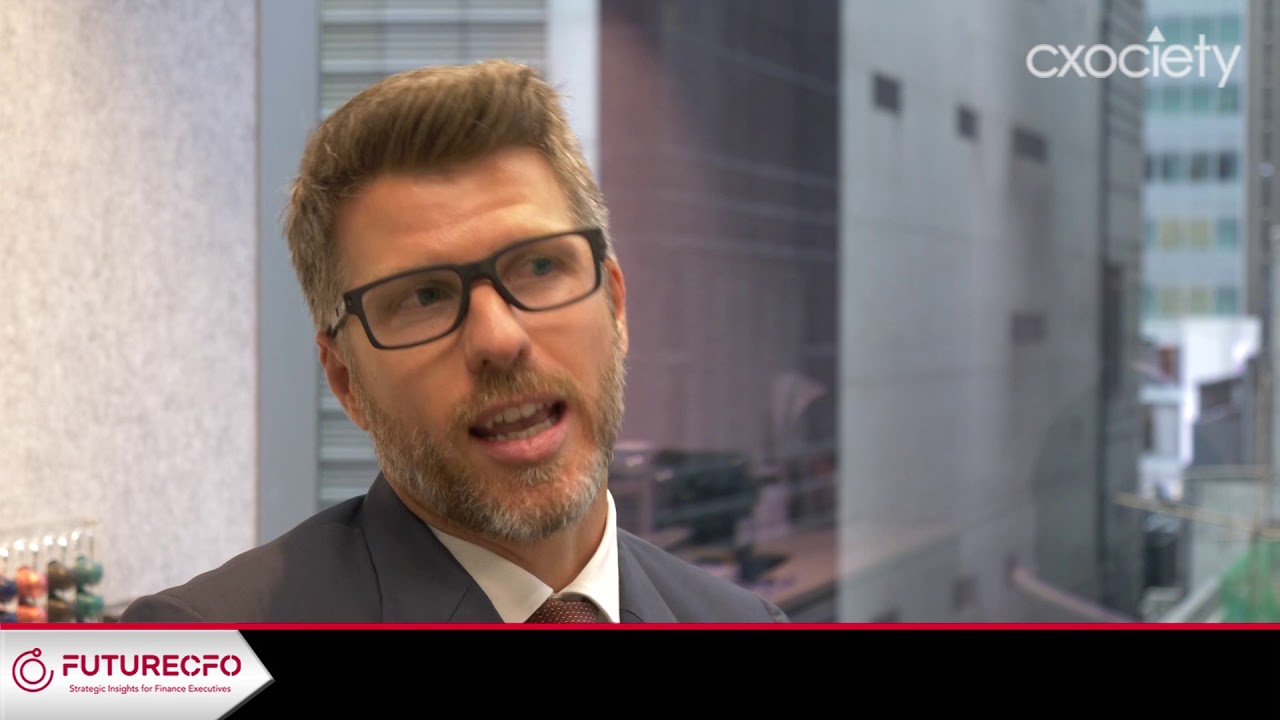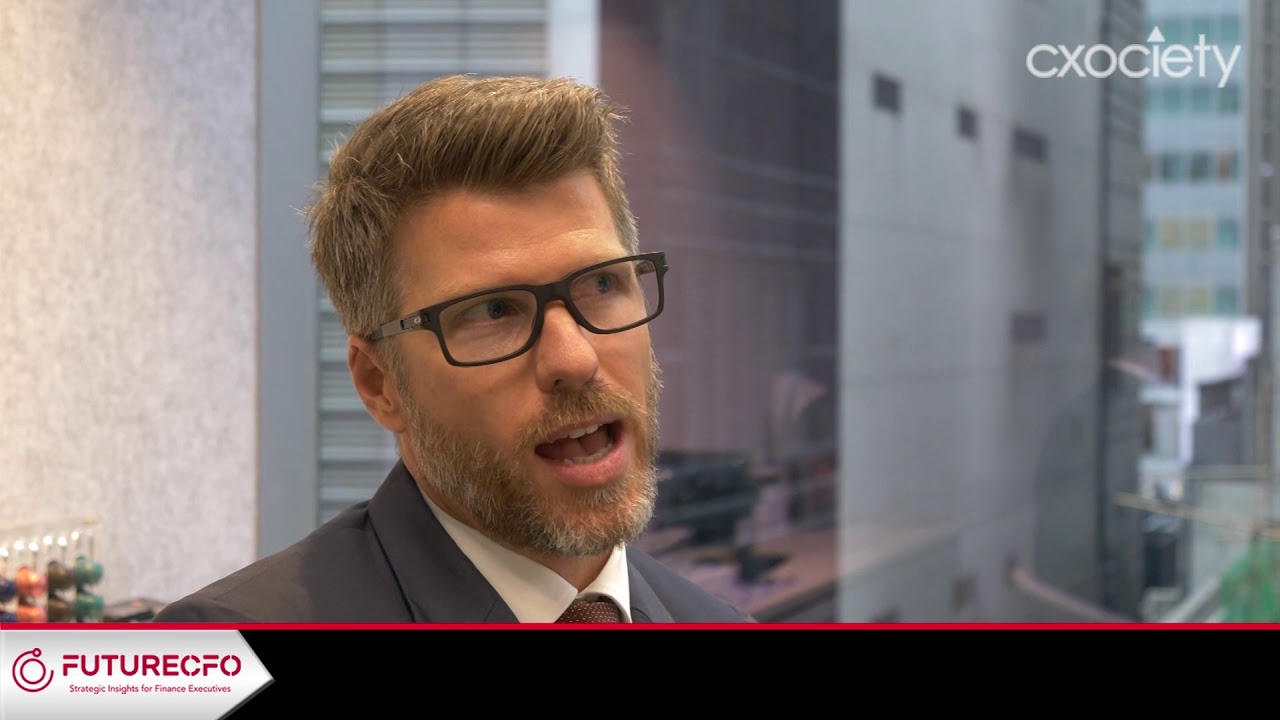This much we know: a well-performing company, particularly a publicly traded business, must have a good handle over its financial affairs.
There was a time when I would suggest that the Chief Finance Officer (CFO) is head of a company’s bean counter division – the part of the business that is excessively concerned with statistical records or accounts.
But the CFO of today, and by extension the finance team, is tasked with more than just cutting costs. The team is charged with growing revenue, and ensuring the company stays a predictable course – by fiercely questioning every direction, strategy and outcome, and following through commitments to their logical conclusion.
Accenture Research noted that beyond increased expectations by the board and CEO, CFOs must contend with the explosion in data volume requiring both focus and new capabilities. This can stress the finance team as it grapples with expanded control and compliance expectations that is driven by regulation and consumer expectations.
Relevance in the digital economy
Johnston believes that the pace of change in the digital economy has raised the important, and value, of the CFO. Like other divisions within the business, finance itself is undergoing rapid transformation.
“The successful CFO, and finance function, is able to not only keep up with the change – in the business model, in the regulatory environment – but enable the business to continue transforming in this digital economy,” he commented.
Embracing disruption
According to Johnston, it is important for a CFO to embrace these disruptive technologies, to understand and look at opportunities for your organization and your finance function as opposed to seeing them as threats one of the things.
“The most successful CFOs are professionals who accept that the future may look different from what it is today. The successful CFO needs to be comfortable working in an environment that includes robots equipped with artificial intelligence and machine learning, and freelancers, all working with the traditional full-time employees, working together to create this future of Finance,” said Johnston.
Automation
According to Robert Half, technologies like automation are causing finance to revisit the value of offshoring certain functions like finance function.
“Through robotic process automation organizations that may have traditionally offshored some of their more standardized functions like accounts receivable and accounts payable are bringing these back in-house. That is a big trend we are seeing in Hong Kong,” observed Johnston.
CFO hiring trends
CFO turnover in the Fortune 500 increased to 18% in 2015 from 14% in 2014. Russell Reynolds Associate, Jenna Fisher, speaking to Deloitte, observed that companies are less patient with their CFOs, who often take the fall for missing guidance. “Once a CFO loses credibility with investors, it’s hard to regain it. Interestingly, while boards and management are perhaps exercising less patience with CFOs and showing them the door sooner than they might have previously, companies are also taking longer to select a new candidate,” she added.
Robert Half’s Johnston added that in addition to traditional finance stewardship, companies are looking for CFOs with an open innovative mindset willing to bring in new ideas and creative approaches to traditional problems.
“Skills at the top of the list include strong stakeholder management, both internal and external, and very strong communication skills. While they are not expected to be IT savvy, knowledge of the types of technologies, systems, and the types of digital disruption that are happening within the industry are certainly relevant,” he concluded.







